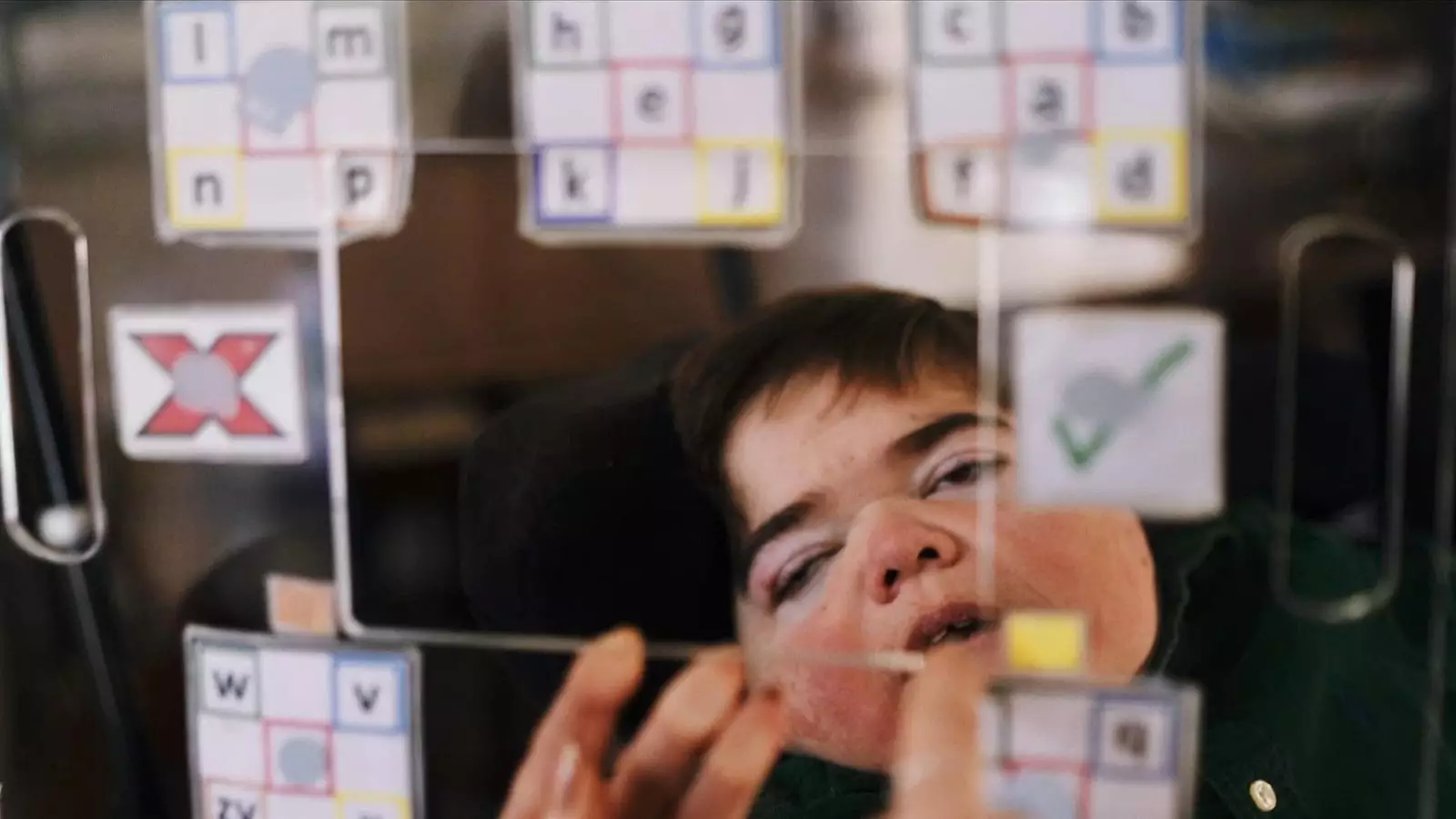In a world where labels can mar potential, Jonathan Bryan’s story emerges as a beacon of hope. Diagnosed with severe cerebral palsy and labeled with profound and multiple learning disabilities (PMLD), Bryan faced an education system that pigeonholed him into a sensory curriculum, a framework better suited for early childhood than for nurturing a budding intellect. His mother, undeterred by the school’s limitations, took it upon herself to break down these academic barriers, teaching him to read and write using an alphabet board. This proactive intervention shattered the glass ceiling typically imposed on students with complex needs and laid the groundwork for Bryan to transcend his label.
This narrative doesn’t solely reflect personal triumph; it serves as a clarion call for educators everywhere. Bryan’s assertion that “non-speaking is not the same as non-thinking” encapsulates a critical misunderstanding prevalent in educational settings. His case underscores the need for educators to recognize the unique potential each student embodies, regardless of their communicative abilities. In a system that too often prioritizes conformity over individuality, it’s essential to uplift those whose voices are not typically heard.
Breaking Down the Assumptions
Bryan’s experience speaks volumes about the misconceptions surrounding non-verbal communication. In schools, the presence of a disability often leads to automatic assumptions about a child’s cognitive abilities. The stereotype that students who cannot speak are also incapable of learning or thinking critically creates a harmful narrative. Bryan’s insights suggest that such generalizations not only stifle the academic growth of these students but also cultivate a cycle of disenfranchisement and neglect.
Educators often neglect to test the cognitive abilities of students assigned to PMLD; they do not probe their potential because it’s easier to conform to established categorizations. In this environment, students live the self-fulfilling prophecy of being underestimated—if they are not taught to read or write, how can we expect them to succeed? Bryan’s journey, now a published author and a student of creative writing at the University of Bath, challenges these assumptions and reveals the vast possibilities that lay untapped within these children.
The Ripple Effects of Advocacy
As a crowning achievement, Bryan has dedicated nearly a decade to advocating for individuals with complex needs, becoming, as he puts it, a “voice for the voiceless.” This not only highlights the crucial role individuals like him play in driving social change but also emphasizes the need for an inclusive dialogue surrounding education. When we think about advocacy, it is not just about pushing for policy changes—it is about amplifying real stories and human experiences that challenge prevailing societal norms.
Bryan’s creation of Teach Us Too, a charity aimed at raising awareness about the educational rights of children with PMLD, demonstrates how far advocacy can extend beyond individual accomplishments. His call for teachers to raise their expectations reflects the urgency of shifting educational paradigms. Without action from both educational institutions and individual educators, progress stands still, leaving those who require tailored educational strategies vulnerable to stagnation.
The Call to Action for Educators
Teachers have a unique identity as the first line of interaction between students and the wider educational system. Bryan’s passionate plea for teachers to “please don’t underestimate your pupils” reverberates not just in classrooms but also in legislative halls where policies are shaped. His message serves as an important reminder that teaching should not merely be about curriculum adherence but about fostering an environment where all students can thrive, regardless of their challenges.
Bryan’s journey continues to inspire not just those with disabilities but all who dare to dream beyond their circumstances. His life story implores educators to look beyond outward appearances and preconceived notions, and to question the limitations imposed by labels. The education system must evolve to focus on abilities rather than disabilities, ensuring each student’s intellectual capacity is assessed and nurtured effectively.
Bryan’s narrative is an urgent call to action, urging educators to extend their own understanding of potential, to cultivate an environment of inclusiveness, and ultimately, to speak up for those who cannot. He embodies the essence of resilience and ambition, igniting a conversation about the transformative power education should be for all, particularly those often written off by society.



Leave a Reply